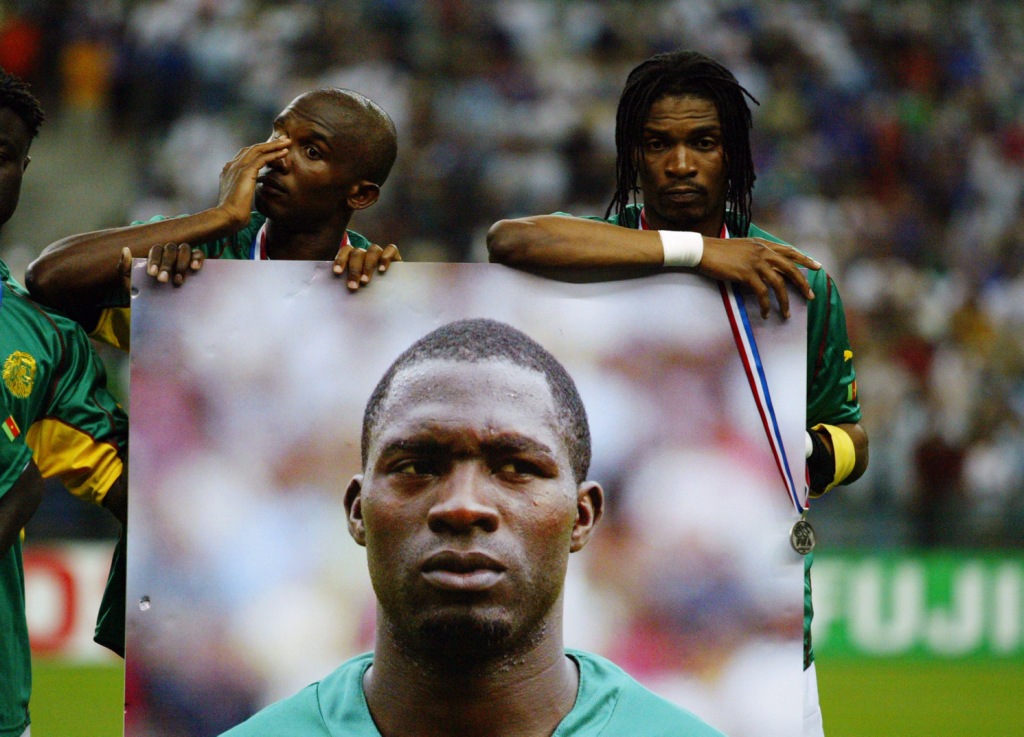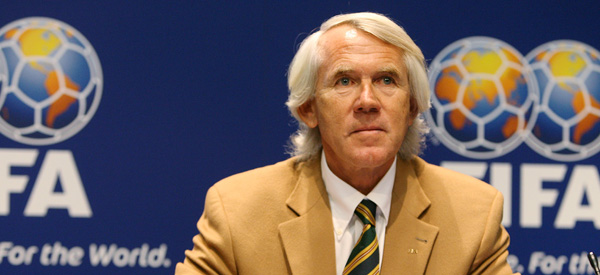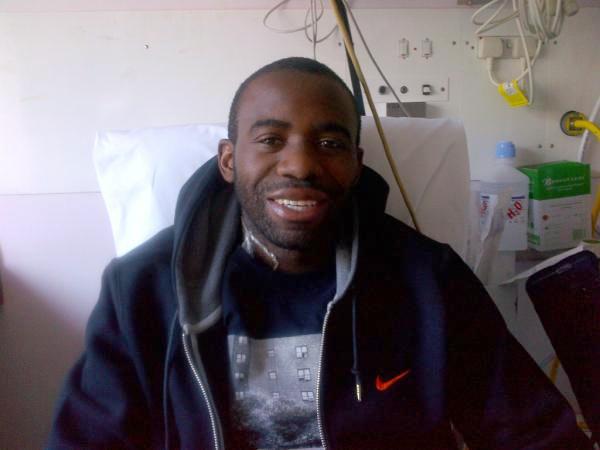By Andrew Warshaw
April 3 – FIFA are stepping up their research into heart screening following the cardiac arrest suffered by Bolton Wanderers midfielder Fabrice Muamba by setting up a worldwide database to help prevent similar cases.
A medical conference being held just before the FIFA Congress in Budapest in May will include a presentation by Professor Jiri Dvorak, FIFA’s chief medical officer.
“The subject of heart screening in football has once again become a focus for discussion,” FIFA said in a statement.
“It is an issue that no-one in football, at any level of the game, can afford to take lightly and FIFA are doing everything they can to ensure that the screen of players is the best it can be.”
Muamba (pictured) is still recovering at the London Chest Hospital, after he collapsed during the first half of an FA Cup match against Tottenham Hotspur on March 17.
“If a cardiac event occurs on the pitch, we need to make sure people are ready for emergency interventions,” Dvorak said.
“We have invited all national team doctors to establish a worldwide database for cases of sudden cardiac arrest.”
The death of Cameroon’s Marc-Vivien Foé at a Confederations Cup match in 2003 served as a “wake-up call that we needed to deal with this situation and do everything to mitigate the risk factor,” said Dvorak.

“In 2005, we proposed to have complete examinations of every player prior to competitions.
“This was applied in 2006 at the FIFA World Cup and in 2007 at the FIFA Women’s World Cup and all teams complied.
“After this, FIFA made it mandatory for all of its competitions.
“You always can do more.
“For instance we recommended that national team players should have medical assessments before games.
“More and more member associations are following that advice, but medical standards are extremely different from one area to another.
“In Central Europe, the standards are extremely high, but then we have to assist less affluent countries.
“This is something we discussed at the first medical conference two years ago in Zurich where we invited doctors from every single member association.
“On 23 and 24 May in Budapest this year, we’ll have the second medical conference of this kind, where we’ll take the next steps.”

Despite taking the maximum possible precautions, Dvorak (pictured) stressed there was no way of being able to predict sudden instances of “seemingly healthy individuals suffering major problems”.
But he added: “If a cardiac event occurs on the pitch, we need to make sure people are ready for emergency interventions.
“This is a very important topic which will be discussed at the medical conference.
“It is required at FIFA competitions to have an appropriate medical staff around the pitch and a defibrillator in the stadium.
“But here again, we obviously can’t guarantee that there is a defibrillator at every single stadium all around the world.
“Still, we want to make people understand that it can save lives.
“We want to explain to and educate the member associations that this is absolutely vital.”
Contact the writer of this story at zib.l1751315907labto1751315907ofdlr1751315907owedi1751315907sni@w1751315907ahsra1751315907w.wer1751315907dna1751315907
Related stories
April 2012: Mihir Bose – Muamba outpourings demonstrate football has soul
March 2012: Muamba’s recovery is a miracle, insists FIFA President Blatter
March 2012: Bolton resume play as Muamba makes remarkable recovery
March 2012: Fabrice Muamba talking and showing positive signs
March 2012: Andrew Warshaw – Incidents like Saturday’s remind us that football is not more important than life or death

